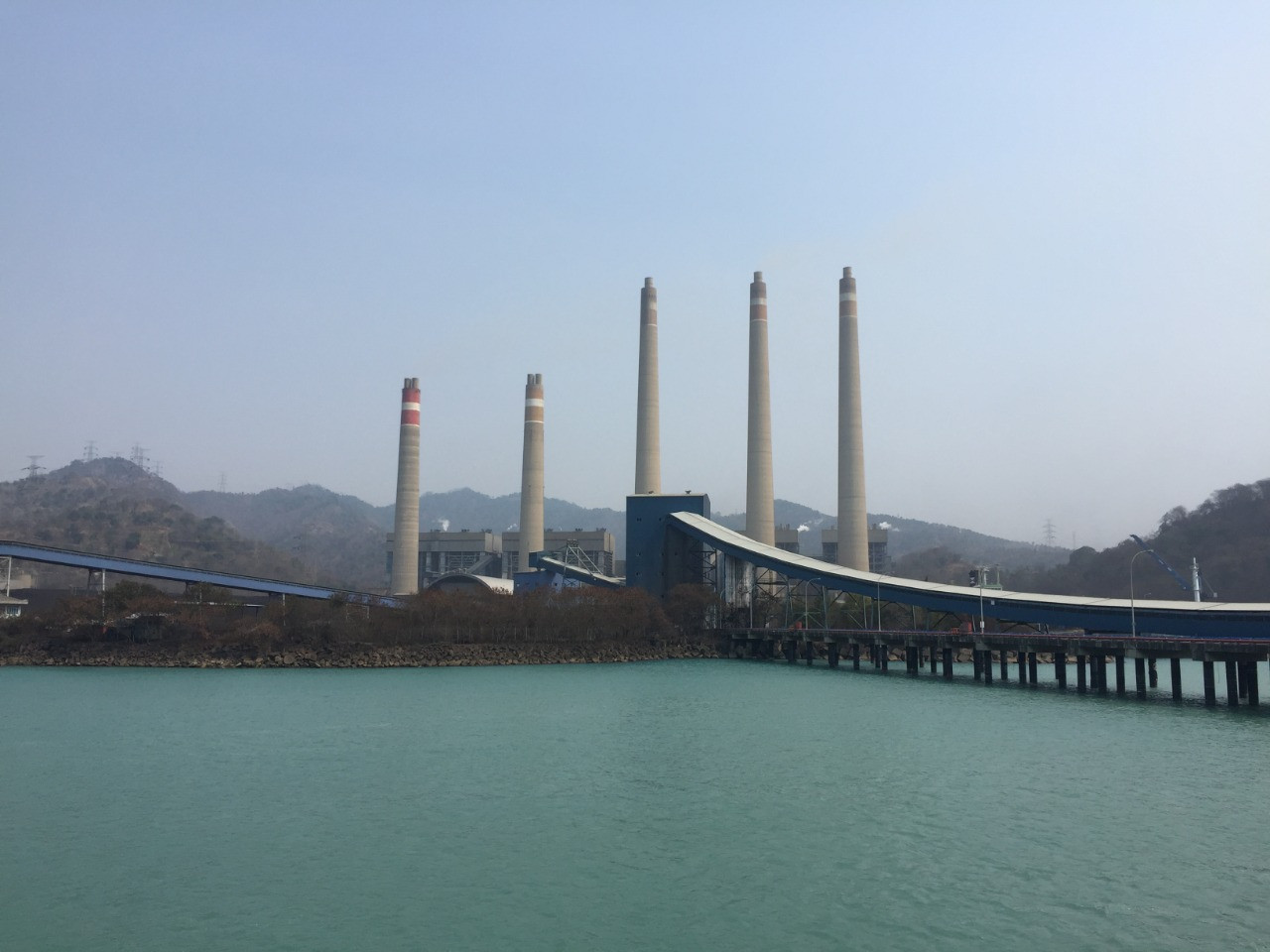Coal-related air pollution deaths in Jakarta ‘may double’ by 2030
Change Size

T
he number of premature deaths attributed to air pollution from coal-fired power plants in Jakarta could double by 2030, a new study shows.
A report published by the C40 Cities network ranks Jakarta among the top three of 61 cities observed worldwide for premature deaths related to such pollution, with more than 1,500 deaths blamed on coal power in 2019. That number is projected to double to more than 3,000 based on new plants expected to be fired up by 2030.
The other cities singled out as suffering most under pollution from coal-fired power plants are Calcutta in India and Johannesburg in South Africa, which saw over 2,000 and over 2,500 premature deaths in 2019, respectively.
The report shows that existing coal policies and proposed expansion plans may result in 264,900 premature deaths by 2030, costing cities worldwide US$877 billion over the current decade.
“The impact of air pollution on urban health has economic consequences through associated healthcare costs and the economic losses from disability and premature death,” reads the report, which was published in September.
C40 modeling is based on two future scenarios: The “1.5 degrees Celsius” scenario, which is based on a greenhouse gas (GHG) emissions reduction in line with the Paris Agreement, and the “current coal plans” scenario, which represents the current trajectory and projects the future considering currently operating coal-fired power plants, new plants in the pipeline and scheduled retirement up to 2050.
The current coal plans scenario is based on the coal-fired power plants data compiled by San Francisco-based Global Energy Monitor (GEM).
Around 25,440 megawatt, or 55.8 percent of Indonesia’s total coal-fired power plant capacity, falls within 500 kilometers from Jakarta, exposing the city’s population to 125 million tons of carbon dioxide (CO2) emissions per annum in 2021, according to the report.
This number is expected to grow to 150 million tons in 2030 under the current coal plans scenario.
“Jakarta is a prime example of a city suffering from the health impact of coal-fired power plants,” Adhityani Putri, executive director of renewables pressure group Yayasan Indonesia Cerah, told The Jakarta Post on Tuesday.
Read also: PLN wants environment ministry to undo power plant emissions cap
Jakarta is located on the island of Java, which is home to roughly 30 percent of coal-fired power plants operating today, according to her. Java is also home to new mega power plants that entered operation only last year, such as the Batang power plant.
The island also hosted several coal-fired power plants that had had their operation period extended beyond earlier plans, such as the Paiton and Suralaya power plants, she added.
“The pollution trajectory remains high until the last power plant is retired in 2058,” she said.
The Energy and Mineral Resources Ministry estimates that Indonesia’s last coal plant will be retired in 2058 and that the country may only achieve net-zero emissions by 2060, much later than the 2050 deadline that has become something of an international benchmark.
Read also: ADB, PLN consider plan to retire Indonesian coal plants early
Adhityani said decommissioning all coal-fired power plants was vital for public health, especially on Java Island.
She encouraged the government to partake in the Energy Transition Mechanism (ETM) initiative set up by the Asian Development Bank (ADB) to retire coal-fired power plants early. Experts have described the long remaining lifespan of domestic coal plants, currently the backbone of power generation in Indonesia, as the key hurdle for Indonesia to reach net-zero.
The government, she suggested, should look into decommissioning aging and inefficient plants before seeking ways to decommission mega power plants that have only entered operation within the last six years.









